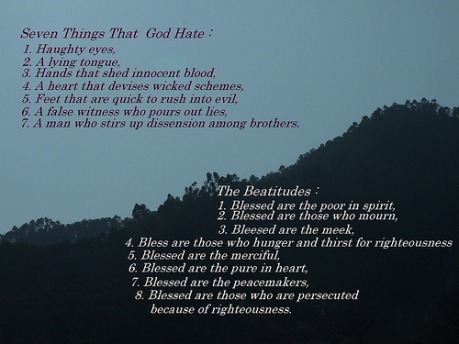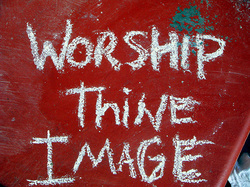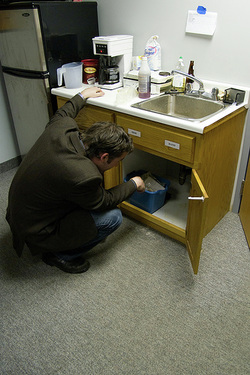Some people are so outward about their faith that they turn off people. They are always trying to convert people with their words. Others say we only have to be good examples and keep our mouths shut. All of us know Christ followers who are judgmental concerning those who don’t have the same beliefs as them or not transparent about their weaknesses. Some make distinctions about various categories of sin. They over-emphasize homosexuality and abortion at the expense of other sins like poverty or abuse of the disenfranchised.
As Francis Schaeffer asked, “How should we now live?” Christ’s Sermon On The Mount described that our character as Christians begins with humility or poor in spirit to enter into the realm of God (Matt. 5:3). The idea is having absolutely nothing and utterly helpless. Are we relying on other resources like our intellect, bank account, other people and gifting or is our complete confidence in God only?
Other essential qualities listed in the Beautitudes (beautiful attitudes) are mourning over sin, gentleness, hunger and thirst for righteousness, merciful, pure in spirit and being peacemakers (Matt. 5:4-12). We can’t be an agent of reconciliation or making peace with others until we have experienced our peace with God. What do we earn for having these character qualities? Persecution! However, we can rejoice that our reward is future, in heaven, even though we may never experience it on earth.
As we develop internal character qualities, our influence will spread naturally and organically like salt and light. Salt appetizes and perserves sin from spreading. Light illumines the darkness as people see the reality of our faith demonstrated by good works for purpose of glorifying God, not ourselves (Matt. 5:13-16). Our righteousness must surpass the Pharisees to enter the kingdom of God (Matt. 5:20). God is not interested in externals, but internal character.
Christ further illustrated his point showing that anger is synonomous with murder and lust with adultery (Matt. 5:22, 27-28). God looks at the heart, not appearances. Not only is Christ concerned with attitudes, but in our relationships with others. Reconciling with an offended brother is as important as one’s relationship with God (Matt. 5:23-24). This includes the toughest person of whom to reconcile, our enemies (Matt. 5:43-48).
Real faith begins with a heart check. A broken and contrite spirit (poor in spirit) is the first step in reconciling broken relationships. Only the pure in heart can be peacemakers. Anger and pride prevent us from reconciling relationships in our families, churches and communities, but those who are poor in spirit, mourn over sin, gentle, hunger and thirst for righteousness, merciful, pure and pursue peace with others will heal those same relationships.
What character qualities must you develop to be a healing agent in your sphere of relationships?







